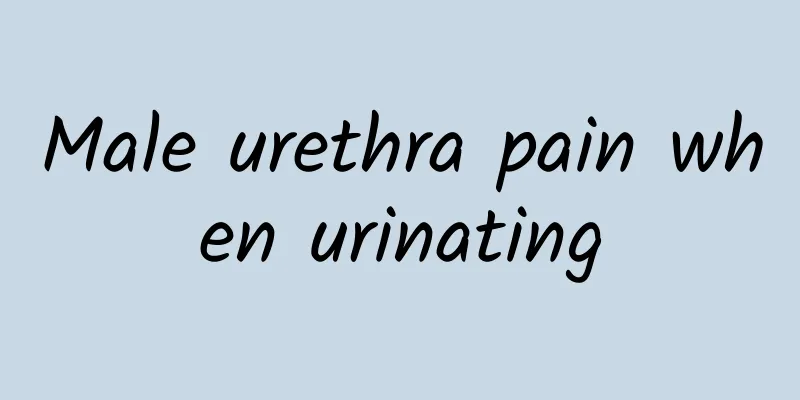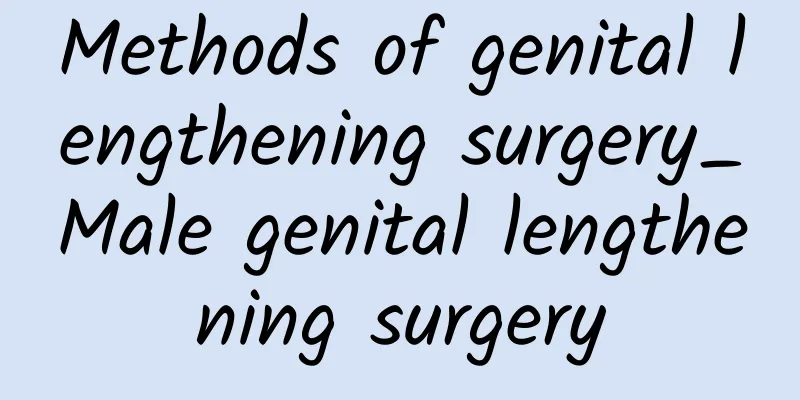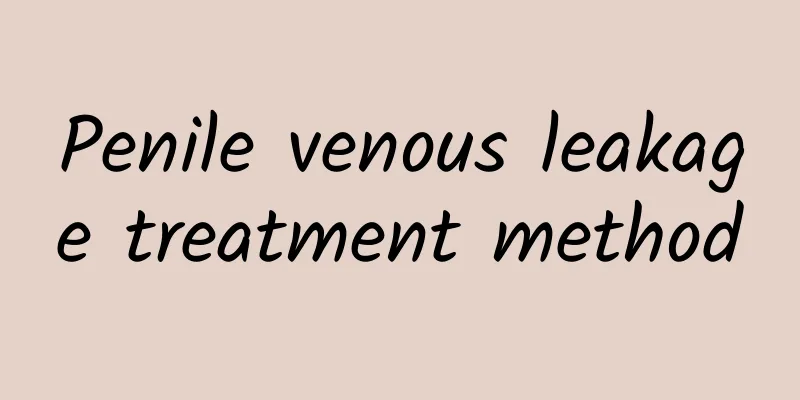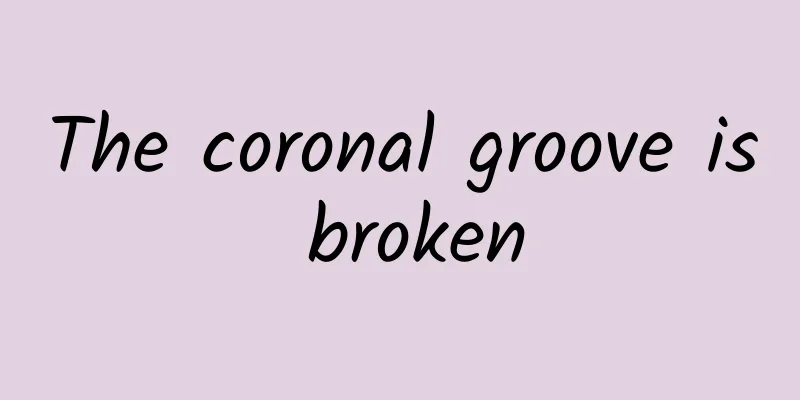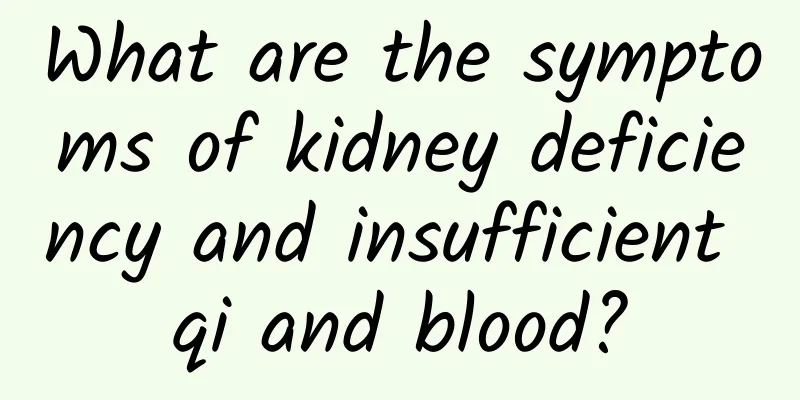Can dead sperm in men be cured? Drug treatment is effective
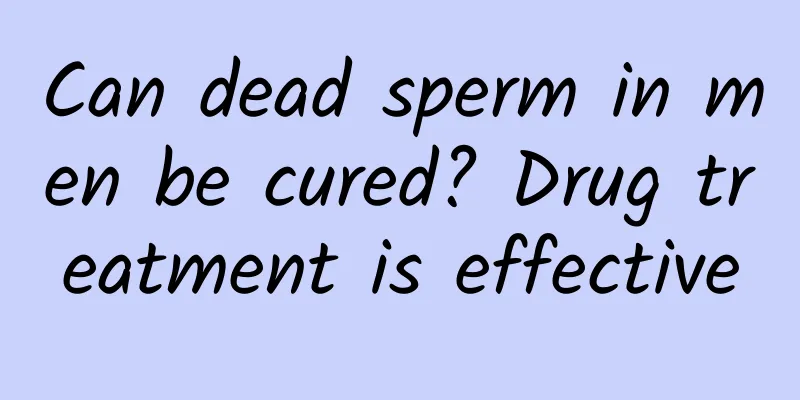
|
After suffering from necrospermia, fertility will be affected. Some patients will use antibiotics and non-hormonal anti-inflammatory drugs to treat this disease, and the results are quite good. In addition, the editor reminds that dietary therapy is also a good treatment method. 1. Antibiotic treatment : Mainly used for abnormal semen caused by chronic bacterial prostatitis or seminal vesiculitis. Use antibacterial drugs that can diffuse into the prostate, and trimethoprim-sulfamethoxazole (TMP) is the first choice. Clinical practice has shown that the combination of trimethoprim-sulfamethoxazole (TMP) and rifampicin (RFP) can achieve better results. Specific usage: TMP 80mg/tablet, RFP 300mg/tablet. Take 1 tablet in the morning and 2 tablets in the evening for 15 consecutive days; change to 2 tablets each night, once a day, for 15 consecutive days. Change to 1 tablet each night, once a day, for 90 consecutive days, which is a course of treatment. Chloramphenicol and erythromycin can diffuse into the prostate to a high degree. The former is taken 3 times a day, 1 gram each time; the latter is taken 4 times a day, 0.2-0.5 grams each time. To avoid drug resistance, the above antibacterial drugs are taken for 7-10 days, and then replaced with another antibacterial drug for 8-16 weeks. In addition, antibiotics such as co-trimoxazole, norfloxacin, kanamycin, ciprofloxacin, josamycin, and fenvalerate can all be tried. It is generally recommended to use combined drugs, preferably under the guidance of drug sensitivity tests. For patients with chronic gonorrhea, drugs such as Linbizhi and Junbizhi can also be considered. At the same time, drink plenty of water and soften the stool. Avoid taking alcohol and coffee to reduce prostate congestion. 2. Non-hormonal anti-inflammatory drug treatment : mainly used for chronic non-bacterial accessory gland inflammation. Commonly used drugs include aspirin, indomethacin, phenylbutazone, ibuprofen, etc. For example, indomethacin 25-50 mg, 3 times a day, phenylbutazone 100 mg, 3-4 times/day. Continuous medication for 1 month can reduce accessory gland congestion and edema, and has a certain therapeutic effect on necrospermia. In addition, since chlamydia and mycoplasma infections cannot be ruled out, tetracycline 0 can be considered. 5g, 4 times/day; doxycycline 100mg, once/day, for 1 to 2 weeks. |
<<: What causes scrotal dampness?
>>: What is the best way to treat trichomoniasis?
Recommend
How to examine the corpus cavernosum of the penis
The corpus cavernosum of the penis plays an impor...
What to do if the testicles are peeling
We all know that the testicles are in the scrotum...
How to eat coriander root? Teach you how to make coriander root step by step
Coriander not only smells fragrant, but also tast...
What are the symptoms of non-gonococcal prostatitis
In real life, there are many sexually transmitted...
What causes testicular acne?
Generally, acne occurs on the face or back of a p...
The best treatment for chronic eczema you must know
We all know that if we don’t treat the disease in...
Pictures of warts on the penis
Warts are a low-risk subtype of human papillomavi...
Is glansitis easy to cure?
Some people do not pay attention to personal hygi...
Two small methods to easily remove small wrinkles on the neck
As we age, our skin will also have some problems,...
Varicose vein symptoms
In fact, many men will find varicose veins in the...
Male infertility test
In the closed-minded traditional concept, if a co...
Is it a disease for men to snore when they sleep?
Snoring is a very common symptom and is not consi...
Causes of acne on men's back
The reason for acne on the back. Although the pac...
Will the discharge of prostatic fluid harm the body?
Prostatic fluid refers to a type of body fluid se...
Is blood in sperm serious?
Sperm is an important secretion in the male body,...

